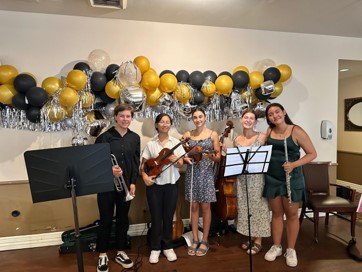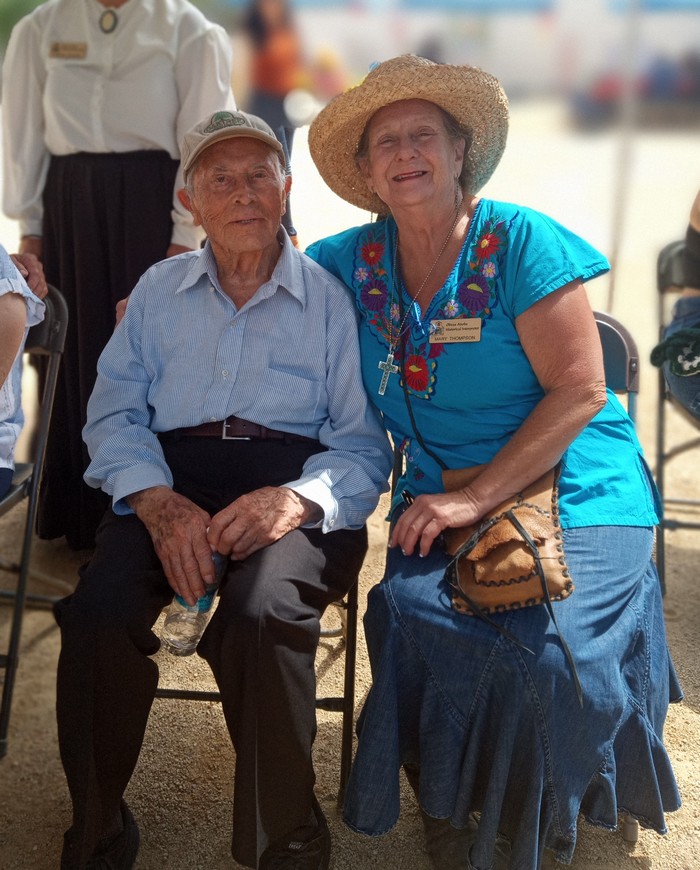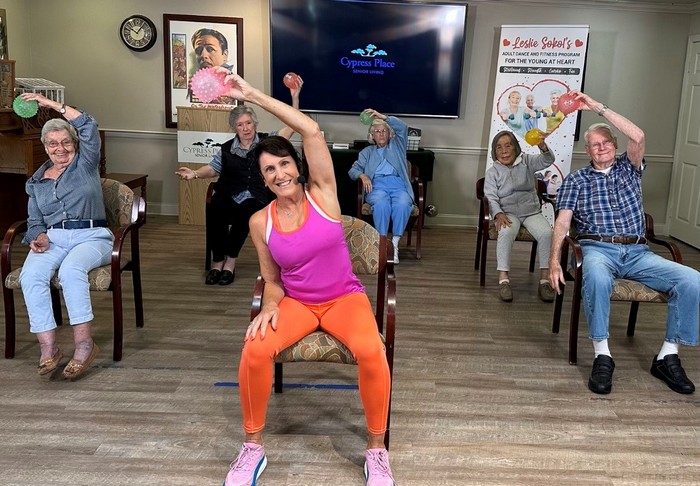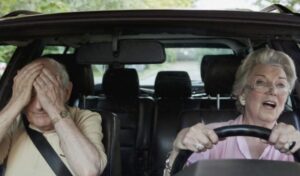From NIH Research Matters
As the world population ages, the number of people living with dementia and other types of cognitive impairment continues to rise. Safe and affordable interventions to prevent or slow age-related cognitive decline are greatly needed.
Studies have found an association between hearing loss and the development of dementia in older adults. Research also suggests that using hearing aids to treat hearing loss may help slow the development of cognitive problems. But potential links between hearing loss treatment and improved cognition hadn’t been tested in a large, randomized study.
To close this gap, an NIH-funded research team co-led by Dr. Frank Lin from Johns Hopkins University enrolled nearly 1,000 adults, ages 70 to 84, into a clinical trial. They compared the rate of cognitive decline over a three-year period between people who did and didn’t receive hearing aids.
The researchers recruited participants with substantial hearing loss from two different study populations. About 250 healthy older adults came from a long-term study of heart health at four sites in the United States. Another 739 people were newly recruited from the surrounding communities at the same four sites. Participants recruited from the heart-health study had more risk factors for developing dementia, including being older and having faster rates of cognitive decline than those from the general community.
The researchers randomly assigned participants to one of two interventions. About half received hearing aids and instruction in how to use them. The other half were assigned to a health education program focused on promoting healthy aging. Both groups received follow-up visits every six months to reinforce the training.
Before the start of the study and annually for three years, all participants took a battery of tests to measure cognitive functioning. The results were published on July 17, 2023, in The Lancet.
People who received the hearing aids reported substantial improvement in communication abilities over the course of the study. Those in the health-education group, as expected, did not experience improvement in hearing and communication.
In the main analysis of all study participants, the researchers saw no difference in the rate of change in cognitive functioning between people who received the hearing aids and those who didn’t.
However, when the analysis focused on people from the heart-health study who had a higher risk of dementia, the benefit of the hearing aids was substantial. Those who received hearing aids had an almost 50% reduction in the rate of cognitive decline compared with people in the health-education group.
“Hearing loss is very treatable in later life, which makes it an important public health target to reduce risk of cognitive decline and dementia,” Lin says.
The researchers are continuing to follow the study participants to see how changes in cognition develop over time. They’re also looking at brain scans and data on social engagement to better understand how protecting hearing may prevent cognitive decline in vulnerable older adults.
“Until we know more,” Lin adds, “we recommend for general health and well-being that older adults have their hearing checked regularly and any hearing issues properly addressed.”



